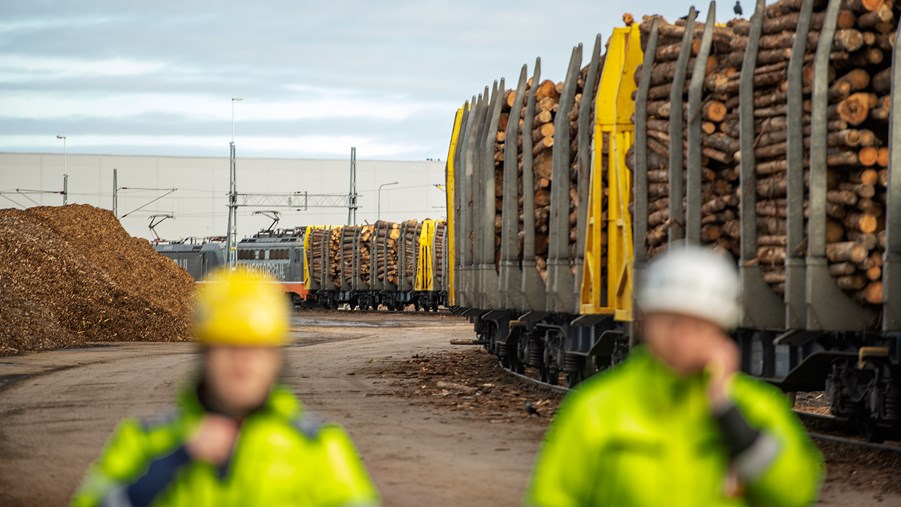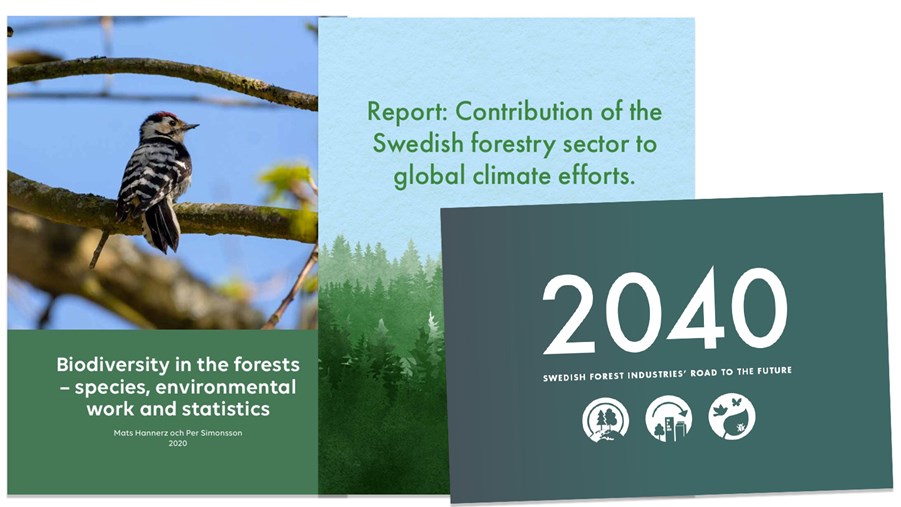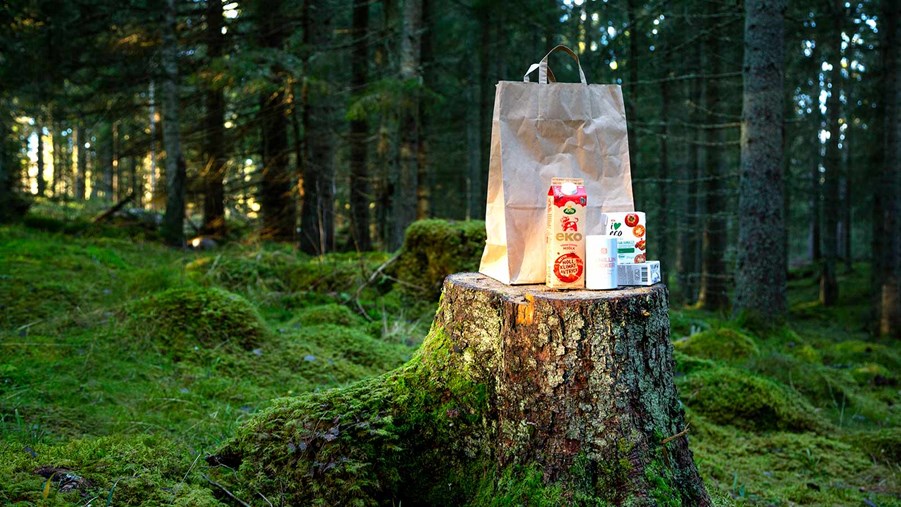
The forest sector is one of Sweden’s most important industries that creates jobs across the country. With its renewable raw material, the forest industry and forest industry products have a key role to play in the development of a sustainable, bio-based society.
The forest industry includes companies that refine raw materials from forests into bio-based products. This includes producers of pulp, paper, cardboard, and biofuel. It also includes sawmills that produce a wide variety of boards, planks, trusses and other prefabricated building components.
A major player in the Swedish economy
Sweden’s forest industry accounts for between nine and 12 per cent of the country’s total jobs, exports, turnover and value added. It is a strongly export-oriented industry, and as the raw material is mostly domestic and the import of forest industry products is relatively small, the forest industry makes a significant contribution to Sweden’s trade balance. Close to 90 per cent of pulp and paper production is exported, and the equivalent for sawn wood products is close to 70 per cent, making the Swedish forest industry the world’s second largest exporter of this type of product.
In total, the forestry industry employs around 140,000 people in Sweden annually. Every job in the forestry industry creates almost two additional jobs in other sectors.
Important for regional wealth creation
In several regions, the primary sector, (pulp and paper production, sawmills, mining, and steel production), accounts for 20 per cent or more of industrial jobs. The industry is therefore a major contributor of tax revenue that finances public services in local municipalities and regions.
The Värmland region has the largest share of public activities financed by the forest industry. Tax revenue from the forest industry corresponds to approx. 2,500 jobs for public employees.

In total, the forestry industry employs around 140,000 people in Sweden annually. Every job in the forestry industry creates almost two additional jobs in other industries.
Photo: Emil Nordin
A vital role in the green transition
The forest is valuable for the climate. Growing forest sequesters carbon dioxide and wood-based products store carbon dioxide throughout their lifetime. By replacing products made from coal and oil with products made from trees from sustainably managed forests, carbon dioxide stays in the ground and is prevented from increasing global warming.
The forest and its products contribute to reducing Sweden’s climate impact by around 94 million tonnes of carbon dioxide each year. The forest sector’s climate benefit is thus twice as high as Sweden’s total climate emissions.
Sweden’s forest industry has unique opportunities to participate in and drive progress towards a bioeconomy – with natural resources, skilled innovators, and an unshakeable will to invest in a fossil-free society.
Increasing the value of the forest as an experience
Hiking, cycling, orienteering, camping, hunting, picking berries and mushrooms – there are so many leisure activities we like to do in forests. Due to active forestry, Sweden’s forests are made available to the public through measures such as clearing and forest tracks and roads. The forest industry wants to use the forest so that it contributes to improving people’s quality of life. There are fantastic opportunities to develop nature and experience tourism in Sweden’s forest landscapes.


